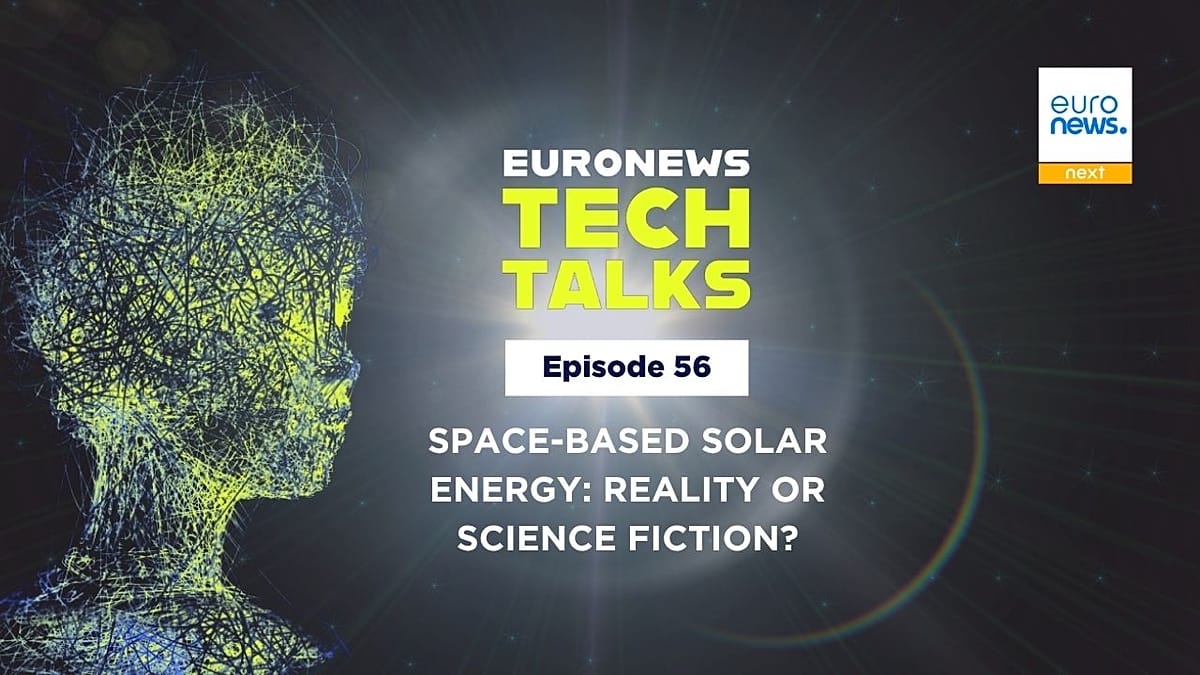Fact-checkers shut down the most common, misleading claims about solar panels: ‘There is little evidence’

Solar power has become much more common in recent years, as this clean energy technology has advanced and become more affordable and efficient.
Going solar for your electric source is one of the most effective ways to save money on your utility bills. Sunlight is free, and it can generate power without producing planet-overheating pollution. EnergySage offers free tools to help you find deals on installation, including a way to receive quotes from installers in your area and compare them.
At the same time, misinformation about this technology has become more common and has prevented many people from adopting it. Carbon Brief provided a breakdown of many myths about solar power, including claims that were false or simply misleading. Here are a few of the most confusing claims, the ones that held a kernel of truth but were misleading.
First, many people have reservations about where solar panels should be located. It’s true that solar is probably not the best use for wild, undeveloped land with rich biodiversity, or for high-quality farm land.
However, those who think that solar should only go on rooftops are also wrong, because there isn’t enough roof space available to meet the population’s energy needs. Those who want to use only the poorest-quality land for solar are not accounting for the extra costs of cleaning up that land and avoiding hazards. The best solution is probably somewhere in the middle, using as much roof space as possible alongside some mid-to low-quality farmland.
There were also concerns that solar farms might confuse birds and other animals by reflecting light and looking like water, but a review of the literature in 2024 concluded that “there is little evidence proving this causal factor,” per Carbon Brief.
Most solar farms are also not built by destroying wild habitats, as detractors claimed. Contrary to some claims, their impact on house prices is minimal, and some studies have even found a positive influence: They don’t make America dependent on China, since more and more of our production is domestic. Also, while solar can be damaged by harsh weather — as with any energy system — there are technological solutions to most of the dangers.
EnergySage’s free services are incredibly valuable for homeowners across America. While federal incentives last (until the end of 2025, according to Canary Media), the services can help you save up to $10,000 on solar panel installation. The exact numbers vary by state, but you can use EnergySage’s convenient mapping tool to check the data for your area.
Buying solar panels can be a major investment, and many homeowners would prefer a more affordable option, such as leasing. If this is you, Palmetto’s LightReach solar leasing program might be the most suitable choice. This program offers options for no money down and will still allow you to help the environment with clean energy while also locking in a low rate for your electrical bills.
To further reduce your environmental impact and energy use, you can pair your solar panels with energy-efficient appliances, such as a heat pump. Mitsubishi can simplify the process of finding an installer and help you choose the right heat pump for your home and your budget.
Join our free newsletter for weekly updates on the latest innovations improving our lives and shaping our future, and don’t miss this cool list of easy ways to help yourself while helping the planet.
link






